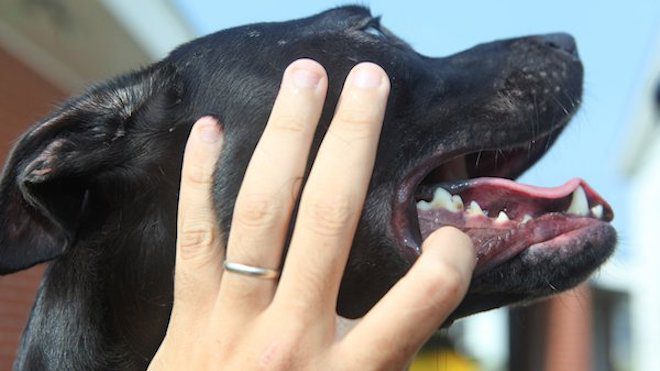Salmon Poisoning Disease / Fish Disease in Dogs
When you go fishing, or you purchase a raw salmon, think twice before sharing it with your dog.
Salmon Poisoning Disease (or fish disease) is a rare, but potentially fatal condition seen in dogs that eat certain types of raw fish.
Salmon (salmonid fish) and other anadromous fish (fish that swim upstream in freshwater to breed such as trout, shad and sturgeon) can be infected with a parasite called Nanophyetus salmincola.
Overall, the parasite is relatively harmless, however, when the parasite itself is infected with a rickettsial organism called Neorickettsia helminthoeca, salmon poisoning, or fish poisoning, can occur.
Dogs (and other canids) are the only species susceptible to salmon poisoning. Cats, raccoons and bears eat raw fish regularly without consequence. But the same cannot be said of dogs.
Salmon poisoning of dogs occurs most commonly on the Pacific Coast and in the Cascade mountain range.
To avoid infection, thoroughly cook the fish before feeding it to your dog. This will kill the parasite and protect your dog.
Symptoms
Generally clinical signs of Salmon Poisoning appear within six days of a dog eating an infected fish. If untreated, death usually occurs within 14 days of eating the infected fish.
Ninety percent (90%) of dogs showing symptoms die if they are not treated.
Common symptoms of salmon poisoning include:
- vomiting
- lack of appetite
- fever
- diarrhea
- weakness
- swollen lymph nodes
- dehydration
If you have fed your dog raw fish and he/she starts to displays any of these symptoms, take your pet to a vet for diagnosis. The condition is diagnosed by a fecal sample or a needle sample of a swollen lymph node.
The parasite’s eggs are detected as they are shed in the feces. The rickettsial organism can be detected in a needle sample from a swollen lymph node.
The combination of symptoms, and the presence of parasite eggs or the rickettsial organisms, are enough to justify treatment.
Antibiotics and a wormer will likely be prescribed for treatment. Thankfully, dogs recover quickly from this type of infection if diagnosed in time. The antibiotic kills the rickettsial organisms that cause the illness, and the wormer kills the parasite.






